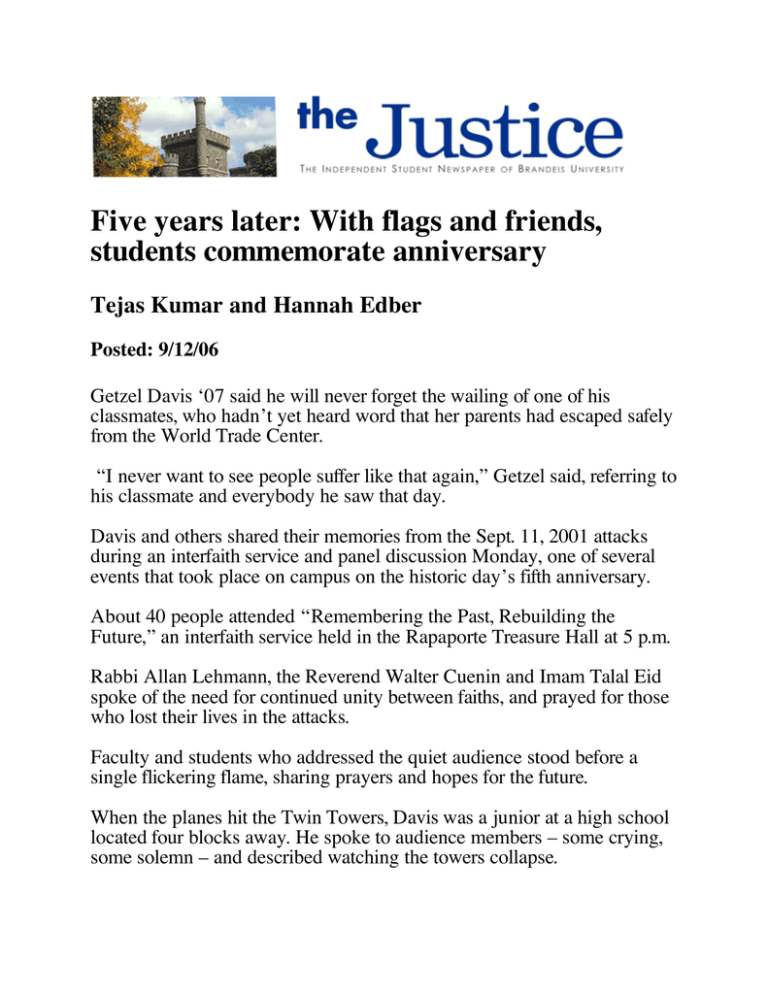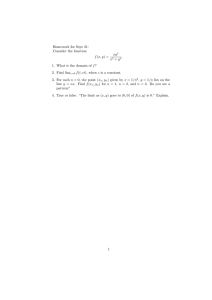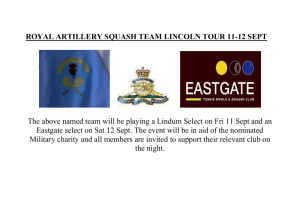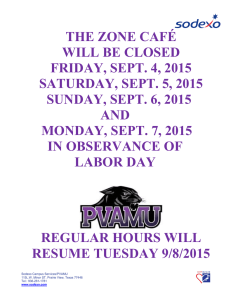Five years later: With flags and friends, students commemorate anniversary
advertisement

Five years later: With flags and friends, students commemorate anniversary Tejas Kumar and Hannah Edber Posted: 9/12/06 Getzel Davis ‘07 said he will never forget the wailing of one of his classmates, who hadn’t yet heard word that her parents had escaped safely from the World Trade Center. “I never want to see people suffer like that again,” Getzel said, referring to his classmate and everybody he saw that day. Davis and others shared their memories from the Sept. 11, 2001 attacks during an interfaith service and panel discussion Monday, one of several events that took place on campus on the historic day’s fifth anniversary. About 40 people attended “Remembering the Past, Rebuilding the Future,” an interfaith service held in the Rapaporte Treasure Hall at 5 p.m. Rabbi Allan Lehmann, the Reverend Walter Cuenin and Imam Talal Eid spoke of the need for continued unity between faiths, and prayed for those who lost their lives in the attacks. Faculty and students who addressed the quiet audience stood before a single flickering flame, sharing prayers and hopes for the future. When the planes hit the Twin Towers, Davis was a junior at a high school located four blocks away. He spoke to audience members – some crying, some solemn – and described watching the towers collapse. The audience also stood and held hands as Lehmann delivered the closing rites. It is important to have hope in these times, Lehmann said, even when “there doesn’t seem to be much basis for optimism.” Later that evening, 25 community members gathered in Pearlman Lounge for two lectures on life after Sept. 11. Prof. Shilpa Dave (AMST) addressed the decline in enrollment of international graduate students, citing drastically increased security measures regarding student visas. Left to right, Aaron Laufer '10, Amanda Hecker '10 and Dmitry Vilner '08 place American flags on the Great Lawn outside the Shaprio Campus Center to commemorate the fifth anniversary of the Sept. 11 terrorist attacks. Photo by Danielle Friedman/the Justice Michael Avery, a professor of Constitutional Law at Suffolk Law School, spoke about civil liberties in America after Sept. 11. Avery said that the Patriot Act, passed by Congress one month after Sept. 11, contained provisions that previously had been considered excessive. He said most of the focus of law enforcement after the attacks on the World Trade Center fell on Arab-Americans or those perceived to be Arab-American. Avery said that 5,000 Americans were taken into custody in the months following Sept. 11, and that only one of those individuals – Zacharias Moussoui – was ever brought to trial. The president now has unilateral power to make decisions, Avery said, and the courts cannot do anything. “Are we going to allow this to happen to our democracy just because we might feel safer?” Avery asked. “Are we going to be the generation that allowed this to happen to our constitutional democracy?” Other events of the day included a moment of silence and a “Mitzvah Marathon” in the morning, and “Students Speak,” a panel of students discussing a change in their worldview since Sept. 11, in the afternoon. © Copyright 2006 The Justice



